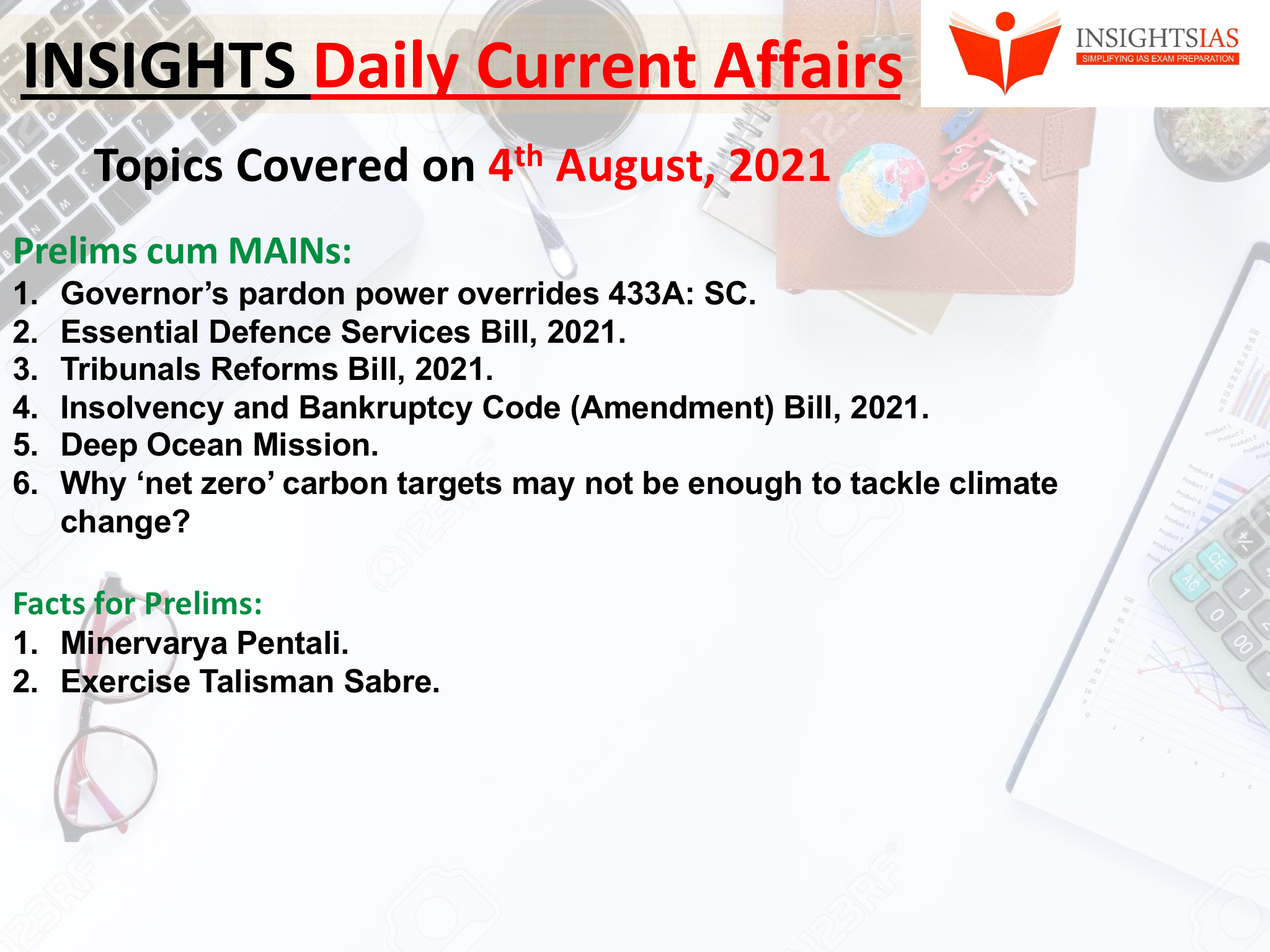[ad_1]
GS Paper 2
Topics: Statutory, regulatory and various quasi-judicial bodies.
Context:
The Bill was recently passed in Lok Sabha by voice vote. The Bill replaces a similar Ordinance promulgated in April 2021.
- The Bill seeks to provide for uniform terms and conditions of the various members of the Tribunal and abolish certain tribunals, as a part of its bid to rationalize the tribunals.
Background:
The proposed changes are based on the directions issued by the Supreme Court in the Madras Bar Association case.
Key changes:
- It seeks to dissolve certain existing appellate bodies and transfer their functions to other existing judicial bodies.
- It seeks to empower the Central Government to make rules for qualifications, appointment, term of office, salaries and allowances, resignation, removal and other terms and conditions of service of Members of Tribunals.
- It provides that the Chairperson and Members of the Tribunals will be appointed by the Central Government on the recommendation of a Search-cum-Selection Committee.
- It also provides the composition of the Committee, to be headed by the Chief Justice of India or a Judge of Supreme Court nominated by him.
- For state tribunals, there will be a separate search committee.
- The Union government has to ‘preferably’ decide on the recommendations of the search-cum selection committee within 3 months of the date of the recommendation.
- Tenure: Chairperson of a Tribunal shall hold office for a term of 4 years or till he attains the age of 70 years, whichever is earlier. Other Members of a Tribunal shall hold office for a term of 4 years or till he attains the age of 67 years, whichever is earlier.
Abolition of Appellate Tribunals:
Film Certification Appellate Tribunal, Airports Appellate Tribunal, Authority for Advanced Rulings, Intellectual Property Appellate Board and the Plant Varieties Protection Appellate Tribunal are the five tribunals which are sought to be abolished by the Bill and their functions are to be transferred to the existing judicial bodies.
What had the Court ruled and what are the key Issues with the Bill?
The Supreme Court in the case of Madras Bar Association v. Union of India had struck down the provisions requiring a minimum age for appointment as chairperson or members as 50 years and prescribing the tenure of four years.
Issues:
The Bill has sought to undo the judgment of the Apex Court wrt to the following provisions:
- The minimum age requirement of 50 years still finds a place in the Bill.
- The tenure for the Chairperson and the members of the tribunal remains four years.
- The recommendation of two names for each post by the Search-cum-Selection Committee and requiring the decision to be taken by the government preferably within three months.
What are tribunals?
Tribunal is a quasi-judicial institution that is set up to deal with problems such as resolving administrative or tax-related disputes. It performs a number of functions like adjudicating disputes, determining rights between contesting parties, making an administrative decision, reviewing an existing administrative decision and so forth.
Constitutional provisions:
They were not originally a part of the Constitution.
The 42nd Amendment Act introduced these provisions in accordance with the recommendations of the Swaran Singh Committee.
The Amendment introduced Part XIV-A to the Constitution, which deals with ‘Tribunals’ and contains two articles:
- Article 323A deals with Administrative Tribunals. These are quasi-judicial institutions that resolve disputes related to the recruitment and service conditions of persons engaged in public service.
- Article 323B deals with tribunals for other subjects such as Taxation, Industrial and labour, Foreign exchange, import and export, Land reforms, Food, Ceiling on urban property, Elections to Parliament and state legislatures, Rent and tenancy rights.
Insta Curious:
Can states establish tribunals? What are their powers and limitations wrt the establishment of tribunals? Reference:
InstaLinks:
Prelims Link:
- What are tribunals?
- Constitutional provisions in this regard.
- Composition and functions.
- Overview of the latest ordinance.
Mains Link:
Are tribunals a panacea for judicial efficiency? Does tribunalisation of justice undermine the principles set in our constitution? Examine.
Sources: the Hindu
[ad_2]

